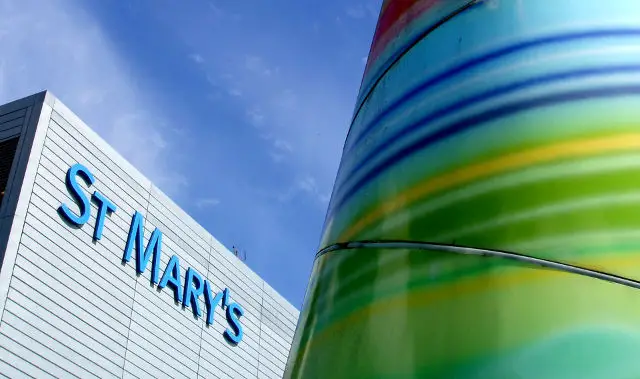This in from the Isle of Wight NHS Trust, in their own words.
What sustainability means for healthcare
The NHS Isle of Wight Clinical Commissioning Group (‘the CCG’) and the Isle of Wight NHS Trust (‘the Trust’) are the two main organisations responsible for the commissioning and provision of health and care services on the Isle of Wight.
The Trust and the CCG work closely together to fulfil their commitment for high quality healthcare for all on the Island. Sustainable health and care systems balance environmental, economic, and social factors to deliver optimal outcomes for patients and communities, both now and for future generations.
A sustainable approach to healthcare helps creating resilient systems, as well as healthy places and people, by protecting the natural environment, enhancing social cohesion, and supporting wellbeing.
The national picture
In its efforts towards sustainability, the NHS is supported at a national level by the Sustainable Development Unit (SDU). The SDU helps organisations across health and care to embed and promote sustainable development in order to reduce carbon emissions, save money and improve the health of people and communities.
Last year the SDU published its new Sustainable Development Strategy for the Health and Care System 2014 – 2020. The Strategy sets a vision for a sustainable health and care system.
As a contribution to this strategy, all NHS Trusts and CCGs are encouraged to hold a Board approved Sustainable Development Management Plan (SDMP), which is a performance indicator under the national Public Health Outcomes Framework.
Partnership working
The Trust and the CCG on the Isle of Wight agreed to work together on developing a joint Sustainable Development Management Plan (SDMP) in order to align strategies and optimise outcomes.
The Plan, titled Greener Care, is thus a shared document with a common vision, which sets out the organisations ambitions for reducing their environmental impacts and embedding sustainability principles in their operations. We believe this is the first SDMP in the NHS developed collaboratively by commissioner and provider organisations together.
A cross organisational SDMP is yet another example of innovative integration taking place in the Isle of Wight healthcare economy. Both the Trust Board and the CCG Governing Body have now approved Greener Care, our Sustainable Development Management Plan 2015-2020, and it is available for the public to view.
Caroline Morris, Head of Corporate Business and Primary Care at the Isle of Wight Clinical Commissioning Group (CCG) commented:
“Applying the principles of sustainable development is a model of thinking which contributes to our organisations being resilient and fit for the future.
“Importantly, saving carbon also save costs, which means we can concentrate our limited resources on commissioning patient care.”
Sonia Roschnik, Head of the Sustainable Development Unit (SDU) added:
“Developing Sustainable Development Management Plans are a fundamental part of embedding sustainable development into an organisation’s management and governance processes.
“Greener Care on the Isle of Wight is a great example of how organisations can work together to embed sustainable development in the commissioning and delivery of care and it provides a model of collaborative working to be learned from.”
Find out more about Greener Care
Greener Care covers a range of themes on the broad sustainability agenda such as Climate Change mitigation and adaptation, Energy and Water management, Waste & Recycling, Sustainable transport. A full version of Greener Care can be found on both the Trust website at www.iow.nhs.uk and on the CCG website www.isleofwightccg.nhs.uk under About Us > Environment & Sustainability.
Charles Joly, Environmental, Waste & Sustainability Manager for the Isle of Wight NHS Trust said:
“Sustainability is a journey, and I hope our efforts will encourage other organisations, big or small, to consider how they can start theirs. Taking steps to reduce impacts on the environment can be as simple as recycling more, being energy efficient, or using resources wisely.”
Image: © Used with the kind permission of Auntie P





